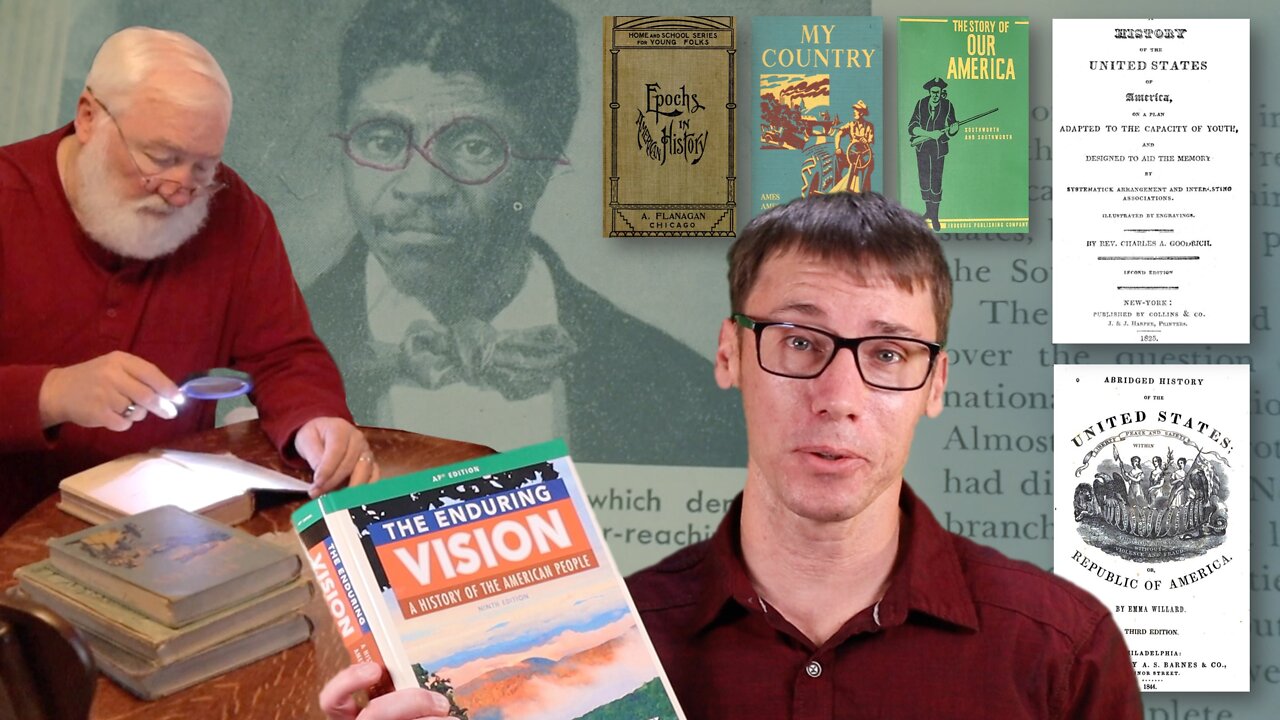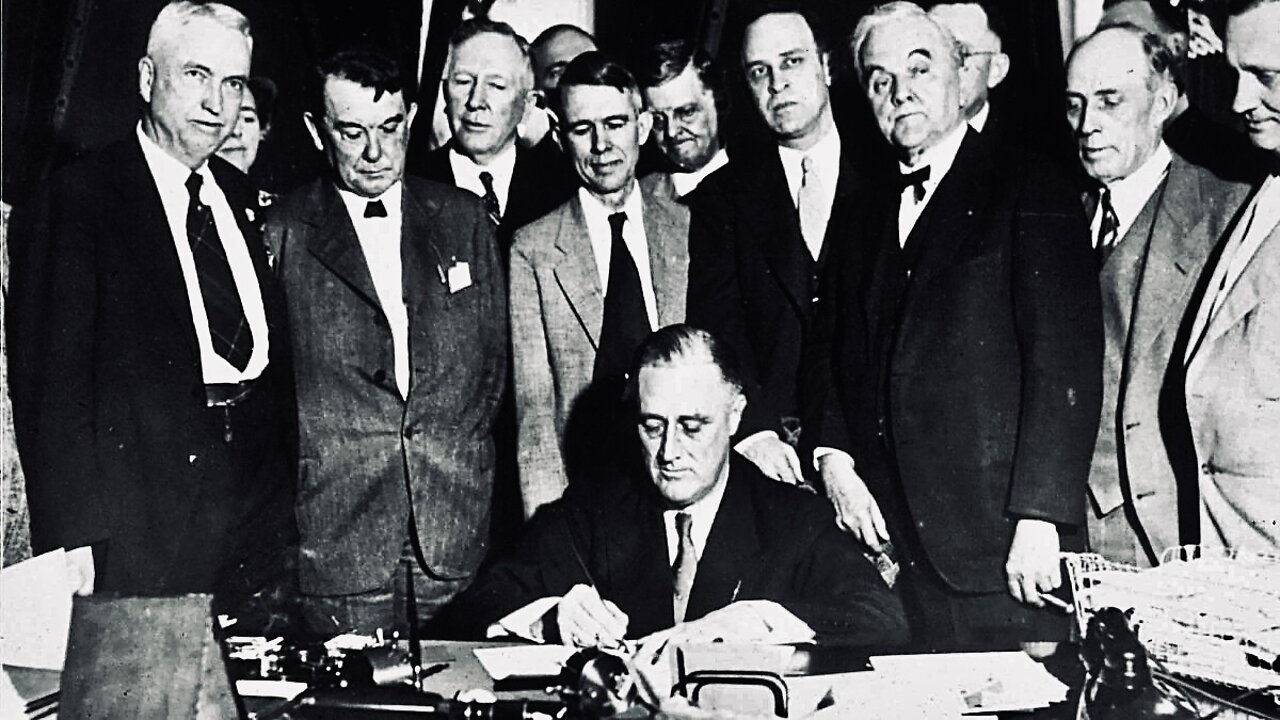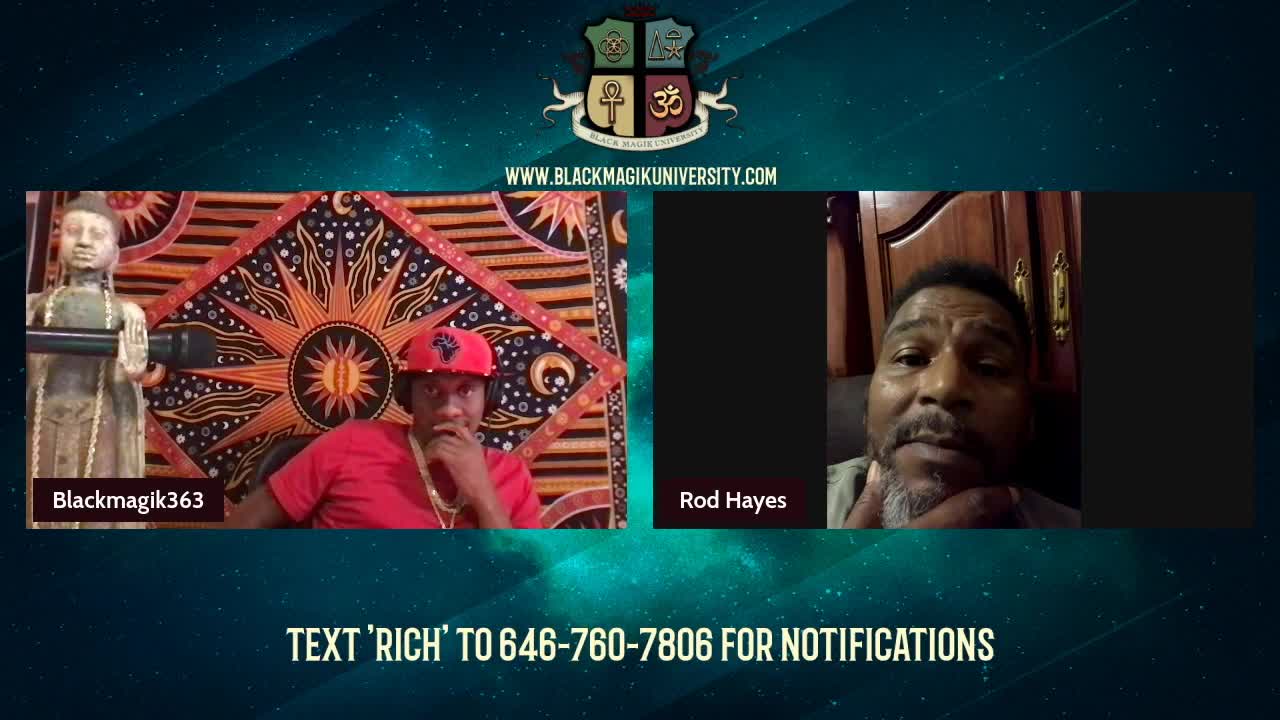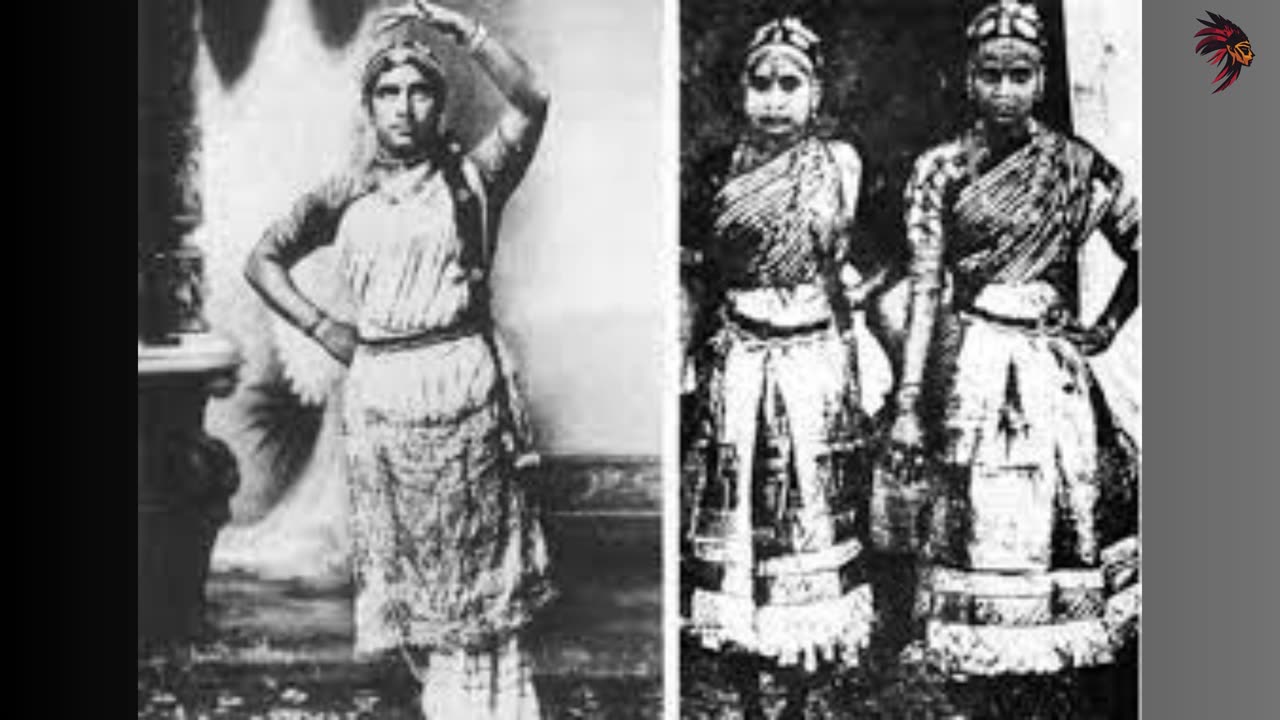Up next
Looking At Old History Textbooks
Brief History of Racist Democrats Post WW1 - Woodrow Wilson, FDR, Sanger, Byrd, Biden, etc.
The Second Richest Man in U.S. History Gave All His Money Away
The Hidden History of The Feather and The Fez | Rod Hayes | 15 September 2022
[ 5 ] CetXn Plays Hogwarts Legacy
NY attorney Joe Nierman discusses the Ghislaine Maxwell Trial, legacy media and truth.
The Devadasis of India: From Temple Dancers to a Forgotten Legacy
Covid Vaccines Have Highest ‘Kill Rate’ In Medical History – Media Blackout
[ FINAL ] CetXn Plays Hogwarts Legacy
SYMHC Classics: Henry Gerber | STUFF YOU MISSED IN HISTORY CLASS
science of religion (fragments of history)
Thebes and Abydos #shorts #fypシ #fyp #history #mystery #ancient #documentary
Changing American History - feat. Hannah Stoddard
John F. Kennedy Assassination - Livestream History Program with Robert Kelleman
What is the implication of #PrSM hitting moving ship in Valiant Shield 24 ?
California announces largest land return in state's history
Most Disturbing Mystery in Appalachian Trail History
Kvochur’s Bell #shorts #fypシ #fyp #history #militaryhistory #modernwarfare #air #tactical #military
The Last Titanic Survivor Breaks In Tears: "The Iceberg Did NOT Destroy the Ship!"
Ancient History & the Historical Jesus
Italian Culture: The History of Cannoli
Multiple People Pushed To Stop The Challenger Mission #nasa #history #challenger
Francisco de Miranda, Part 2 | STUFF YOU MISSED IN HISTORY CLASS
Babylonian War - Diadochi Wars Continue - Ancient History DOCUMENTARY
Choose Your Slave Master..
'Dr Who' is a TOTAL FAILURE with WORST RATINGS in 60-Year History!
Hebrew Expert Finds Translation Error in the Bible That Rewrites History | Dan McClellan
Box Formation #shorts #fyp #fypシ #documentary #history #militaryhistory #WW2 #tactical #military
Francisco de Miranda, Part 1 | STUFF YOU MISSED IN HISTORY CLASS
The Untold History of The Free Blacks in America
Nazi Sun Gun #shorts #fypシ #fyp #wwii #modernwarfare #military #tactical #war #gun #weapon #history
Biden vs. Trump presidential debate on CNN "most monumental in history"?
History of Abortion
The brutality of the Trans-Sahara Slave Trade
Autonomous killer Robots #shorts #military #modernwarfare #fyp #fypシ #history #robots #war #tactic
Legacy Lore Xerxo’s Gamma Ray Available Only One Day Fallout 76 (must be aliens?)
Auschwitz Details That Were Too Horrific For History Class
China attacks Filipino ship with Telegraph reporter on board
Philippines ship collides with Chinese vessel in disputed South China Sea | WION News
Philippines Troops "Fight With Bare Hands" As China Boards Filipino Ship In "Restrained" Move
Chinese coast guard collides with Philippine ship in disputed South China Sea
What happened to America’s Telegraph lines? How the Telegraph Transformed America - IT'S HISTORY
" YOUR SHIP IN ACTION " CLEVELAND CLASS LIGHT CRUISER WWII COLOR DOCUMENTARY FILM 20364
" THE INNOCENT YEARS " U.S. HISTORY 1900-1914 INVASION OF MEXICO TEDDY ROOSEVELT XD83145
Diving for the Clotilda: The Archaeology, History, and Legacy of the Last Known Slave Ship
Explore the wreck of the infamous Clotilda slave ship discovered in 2019 in the Mobile River in Alabama. You’ll hear from the archaeologists who dove into the Mobile River to explore, document, and study the wreck; the historians who highlighted the historical significance of the wreck and presented the narratives of the victims and the villains involved; and the descendants whose lives and stories connect the present with the past and are living testimonies of the African men, women, and children who were brought to the United States against their will and who hoped to one day return to their homes across the Atlantic. In 1860, more than 50 years after the international slave trade was outlawed in the United States, the Clotilda, carrying over 100 captive Africans – men, women, and children – sailed up the Mobile River in Alabama under the cover of night. Knowing full well that what he was doing was illegal, the ship’s captain, after unloading his captives, burned and scuttled the ship. In 2019, almost 160 years later, the wreck was located. Since then, archaeologists and historians have been studying its contents – a snapshot of the ship at the moment of its chaotic destruction. But the legacy of the ship isn’t just the underwater shipwreck and the objects found on board. The enslaved Africans that arrived on the Clotilda and were later liberated by the Emancipation Proclamation founded their own community, Africatown, just a few miles north of Mobile. -- On Saturday, October 15, 2022 the Archaeological Institute of America (AIA) presented Diving for the Clotilda: The Archaeology, History, and Legacy of the Last Known Slave Ship in celebration of International Archaeology Day 2022. #IAD2022 #Clotilda #archaeology Archaeological Institute of America (AIA) The AIA promotes archaeological inquiry and public understanding of the material record of the human past to foster an appreciation of diverse cultures and our shared humanity. The AIA supports archaeologists, their research and its dissemination, and the ethical practice of archaeology. The AIA educates people of all ages about the significance of archaeological discovery and advocates for the preservation of the world’s archaeological heritage. Learn more at www.archaeological.org.
- Top Comments
- Latest comments




![[ 5 ] CetXn Plays Hogwarts Legacy](https://hugh.cdn.rumble.cloud/s/s8/1/D/r/c/H/DrcHs.qR4e-small--5-CetXn-Plays-Hogwarts-Leg.jpg)




![[ FINAL ] CetXn Plays Hogwarts Legacy](https://hugh.cdn.rumble.cloud/s/s8/1/h/z/s/I/hzsIs.qR4e-small--FINAL-CetXn-Plays-Hogwarts.jpg)







































